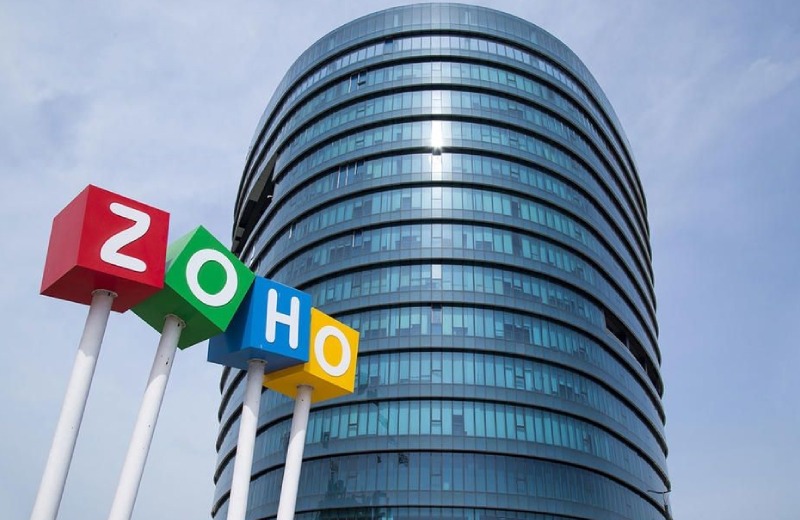South Africa emerges as a model for responsible AI adoption
Postado por Editorial em 11/11/2025 em NEWSNew findings from Zoho and Arion Research reveal that South African companies are leading emerging markets in embedding ethics, privacy, and accountability into artificial intelligence systems.

South Africa is positioning itself as a rising leader in the responsible adoption of artificial intelligence (AI), according to a new study by Zoho, conducted in partnership with Arion Research. The report, “The AI Privacy Equation: Cautious Innovation in South Africa,” surveyed 372 professionals across industries and company sizes, revealing that over 92% of South African businesses have already begun their AI journey, many guided by the privacy and ethics standards set out in the Protection of Personal Information Act (POPIA).
As reported by IT News Africa, South African organizations are taking a notably ethics-first approach compared to global peers: 40% of local businesses list AI ethics and responsible usage as top priorities, while 74% have strengthened privacy measures since introducing AI. “South Africa’s experience proves that privacy and innovation can advance together,” said Andrew Bourne, Zoho’s Country Head for South Africa. “Embedding ethics and privacy-by-design into AI isn’t just good governance, it’s how businesses here are building resilience and long-term trust.”
Privacy at the Core of AI Progress
Although privacy concerns remain the biggest perceived barrier to AI adoption (cited by 35% of respondents), these same concerns are driving better governance. Nearly nine out of ten companies now have a dedicated privacy officer or team, and over 40% conduct quarterly privacy impact assessments. More than two-thirds (68%) say POPIA has significantly raised awareness about data protection obligations, supported by employee training, government education, and media coverage.
To safeguard sensitive data, many businesses rely on explicit consent, data anonymization, and even synthetic data generation when training AI systems, showing a commitment to transparency and user protection.
Executive and Technical Leadership Driving AI Maturity
The report also highlights the strong involvement of senior leadership in AI governance: 38% of respondents hold CEO-level roles, while 17.5% serve as IT Directors or CIOs. This mix of executive and technical oversight is helping companies balance innovation with accountability.
South African organizations are also diversifying their AI sourcing strategies: some combine vendor and in-house solutions, while others integrate AI through enterprise platforms or develop custom models. In terms of workforce preparation, nearly 40% include ethics and responsible AI training, exceeding global averages and reinforcing a human-centered approach to innovation.
In the event of AI-related incidents, responses reflect maturity rather than fear with most companies opting for tighter human oversight or system adjustments rather than halting deployments altogether.
A Blueprint for Emerging Markets
According to Michael Fauscette, CEO and Chief Analyst at Arion Research, South Africa’s balance of innovation and governance offers “a blueprint for emerging markets seeking sustainable AI transformation.” He adds, “With 89% of companies maintaining privacy teams and ethics embedded from the ground up, South Africa isn’t just catching up, it’s setting the pace for responsible AI in the Global South.”
“Responsible AI is becoming a strategic advantage,” concludes Bourne. “By aligning innovation with trust and transparency, South African organizations are shaping a digital future the rest of the continent can learn from.”




